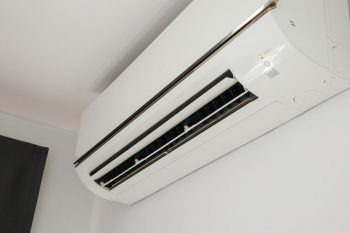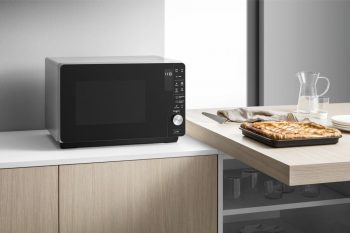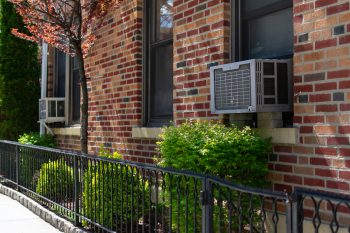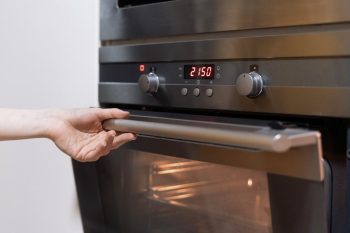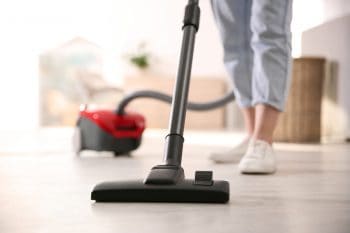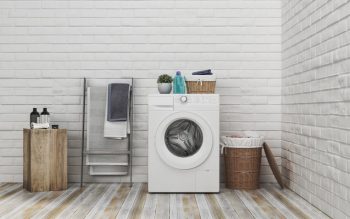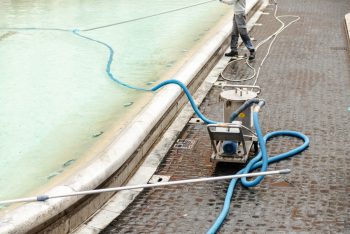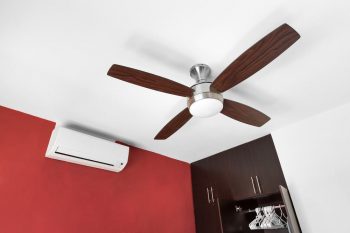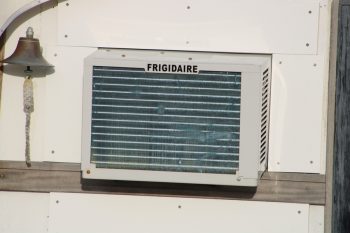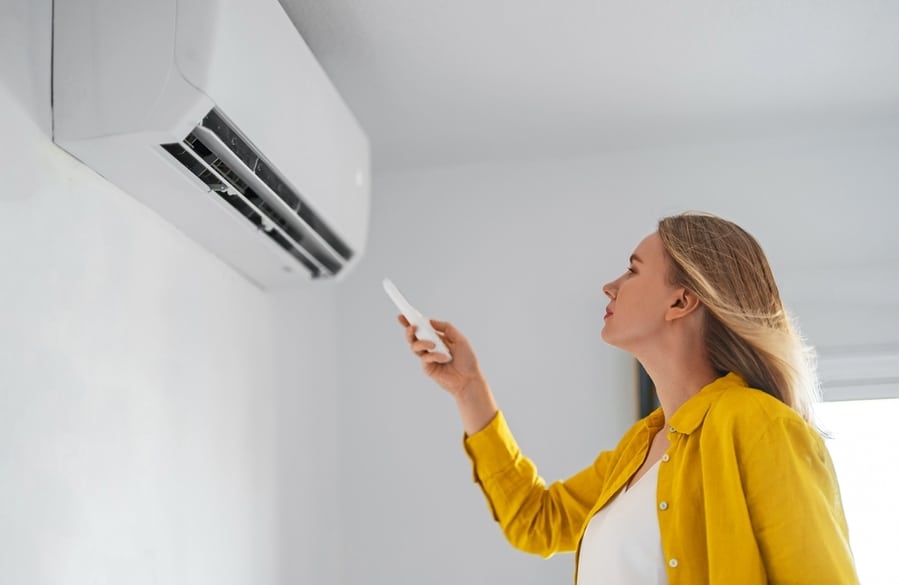
Hissing noises coming from your air conditioning unit can be a little alarming. With how expensive buying a unit can be, it makes sense if you want to figure out what can be wrong with the AC.
Hissing noises can indicate something is wrong with the HVAC. Like many home appliances, regular maintenance is essential if you want the air conditioner to work effectively and safely at home or business. Likewise, making repairs can also prolong the durability of the unit.
This article will dive into why the aircon unit might be making hissing or whistling sounds and what you should do about the problem.
If your air conditioner is hissing, there may be an issue with the following:
- Refrigerant leaks
- High pressure in air compressor
- Leaking air ducts
- Faulty reversing valve in heat pumps
- Thermostatic expansion valve operation
Hissing might be one of the many noises that indicate trouble. If your HVAC makes strange sounds, it is always better to call a professional to look at it.
Five Reasons Why Your AC Is Hissing
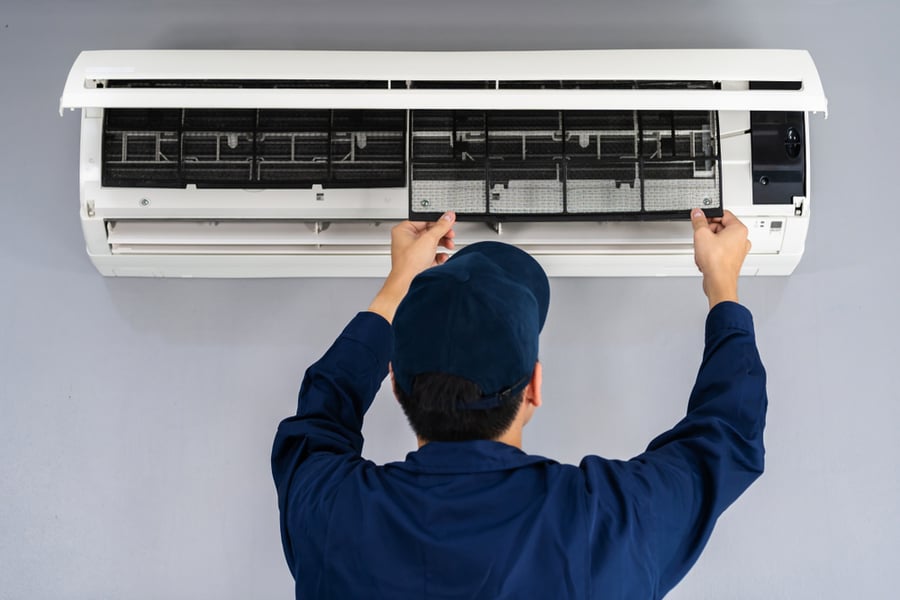
A hissing noise can indicate several things going on with the air conditioner. Here is all you need to know about the problem.
1. Refrigerant Leak

A refrigerant leak is one of the main culprits why your AC might be whistling. If there is a tiny leak in the AC system, pressurized gases try to escape causing the sounds.
In addition to a hissing noise, you can also notice some bubbling and gurgling sounds, frost, and ice forming on the pipes. The bubbling result from the mixing of gases with oxygen.
Warm air from the vents is another indicator of a refrigerant leak. As gases leak from the unit, it tends to be less efficient in cooling your home, leading to warmer air getting through the vents. Your aircon can also start running longer than usual as it tries to regulate temperature.
A refrigerant leak can cause a lot of strain on your air conditioner. It can eventually burn out the motor, condenser, or fan, leading to expensive repairs. Likewise, refrigerant gases can also cause serious health effects if they sip into your house.
If you notice any of these symptoms, it is recommended to address them immediately. A professional technician can help with the repairs. Thus, you won’t need to buy a new AC unit.
2. High Pressure in Air Compressor
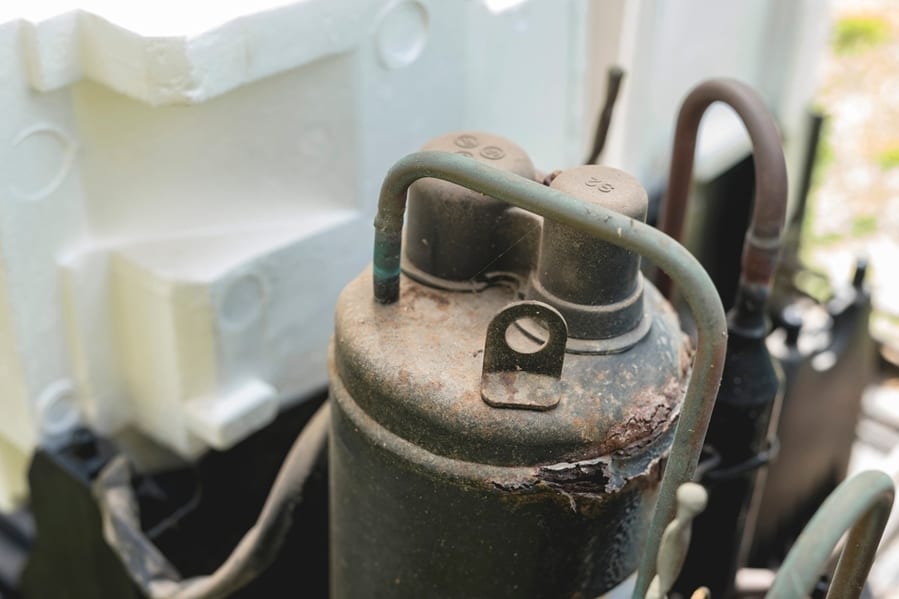
Your AC might also have a problem with the air compressor.
The compressor or condenser is found in the exterior part of the HVAC system. Most systems use a compressor to pressurize and move the refrigerant through the system. Without the compressor, the air conditioner would not run.
It is not uncommon for pressure buildup to compromise the compressor’s integrity. As escaping pressure leaves the compressor, it will make a whistling, hissing, or shrieking noise.
Modern air conditioners have a pressure sensor that detects pressurization issues and shuts them down. However, if this is not the case for your system, turning off the aircon should be the first thing to do.
Compressors are the most expensive part of the unit. Likewise, installing the wrong parts or having no proper knowledge about repairs can further compromise the system. Do not waste time; call an expert to inspect the condenser as soon as possible.
3. Leaking Air Ducts
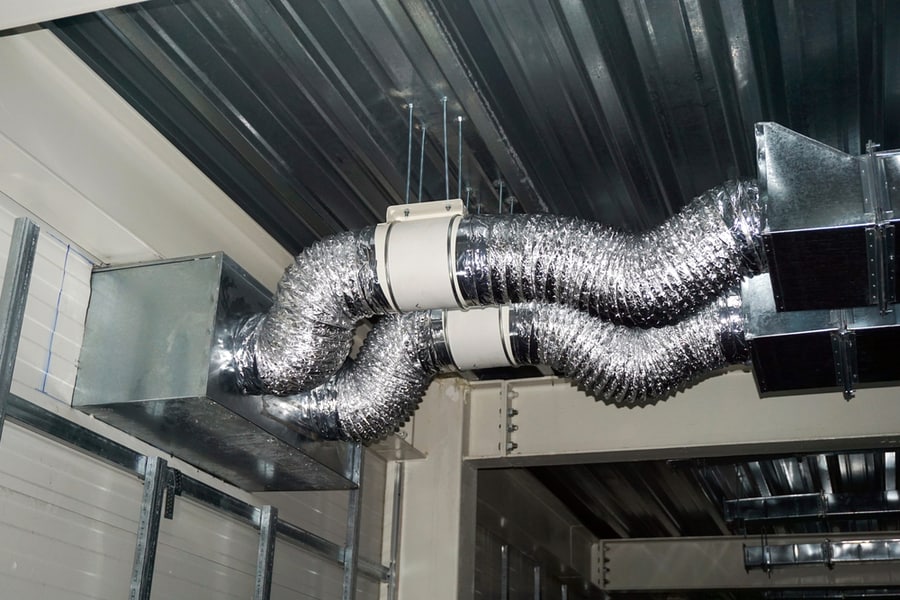
Leaking air ducts can be the other source of the whistling sounds in the HVAC system.
Air ducts are tubes that deliver or remove heated or cooled air from the house. They return the air into the AC for temperature regulation.
Over time, the ducts can start degrading and develop tears or cracks. When this happens, air starts escaping from the pipes, leading to hissing or shrieking noises from the vents. The shape and size of the crack can affect the pitch of the hiss you hear.
In addition, you might also hear hissing when the AC’s air handler and blower fan are operating.
Though leaky ductwork does not seriously affect your family’s health, it can affect the system’s performance. In addition, duct holes located behind walls or the ceiling can be hard to pinpoint, making them difficult to fix.
To avoid more damage to the air duct, calling a professional will ensure repairs on the tubes will be better.
4. Faulty Reversing Valve in Heat Pumps

Defective AC units are not the only climate control devices producing hissing noise. If you own a heat pump, a faulty reversing valve can also lead to hissing noises in your unit.
Most heat pumps not only can heat the house but can also cool it when needed. The reversing valve helps switch between the cooling and heating. They do this by reversing the flow of refrigerant in your system, which regulates the temperature.
However, if the reversing valves are used too often, it often becomes defective. One of the most common problems develops when the valve gets stuck in a specific mode or between modes.
Except for hearing a high-pitched whistling at the system’s exterior, defective reverse valves can be hard to detect.
5. Thermostatic Expansion Valve Operation
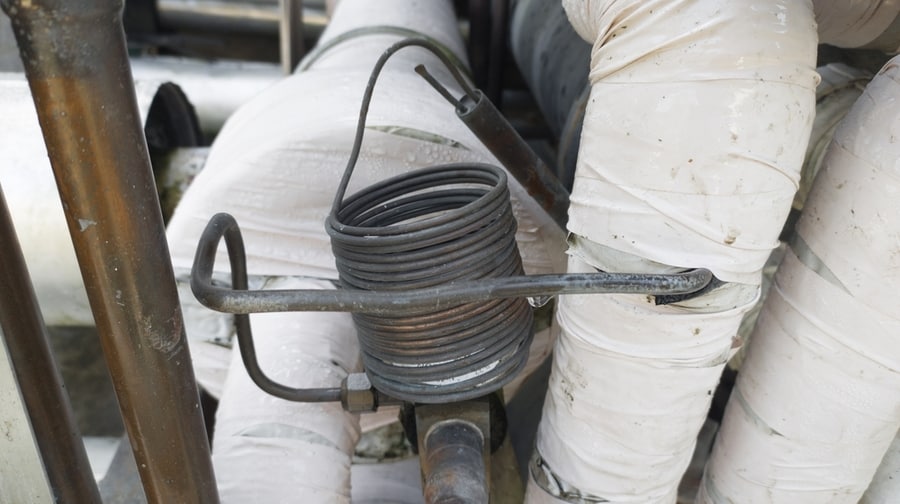
Not all hissing noises coming from your aircon are an indication of a problem. The thermostatic expansion valve also produces normal hissing sounds when operating.
This valve is an adjustable restrictor that controls the fluid flow into the air conditioner’s evaporator. This enables the unit to regulate the condenser’s coolant pressure and flow rate.
If there are too many pressure buildups in the condenser, the thermostatic expansion valve opens and relieves some of that pressure. This often lets out a quiet whistling noise.
During operation, the valve can open and close several times, leading to intermittent noises. Usually, you will hear the noise indoors.
However, if the pitch of the hissing changes or becomes more constant, you should contact a certified aircon expert for help.
Conclusion
Regular air conditioning system maintenance can help you reduce expensive repairs that can break your wallet. That said, detecting any irregular noises from your unit can help you deal with minor repairs before they become problematic.
Your AC might be making that whistling noise due to pressure release in the system. This might be caused by a leak, faulty parts, or a regular unit operation. A certified professional will inspect and identify any issues with the HVAC.
Do not attempt to make any repairs if you are not a certified professional. You risk damaging the system, which can compromise the AC and affect your health.
Frequently Asked Questions
Are All Hissing Sounds from an AC an Indication of a Problem?
Not all hissing sounds should alarm you. Quiet intermittent whistling is usual as the thermostatic expansion valve operates.
Can I Fix the Hissing Noises Coming from the AC?
You should never attempt to fix any problems with your air conditioning unless you are a professional.
Why Does the AC Hissing Stop When It Turns Off?
The reason why the hissing stop when you turn off the AC is due to the depressurization of the refrigerant. As the pressure in the pressurized fluid lowers, the hissing will be reduced and eventually stop.

